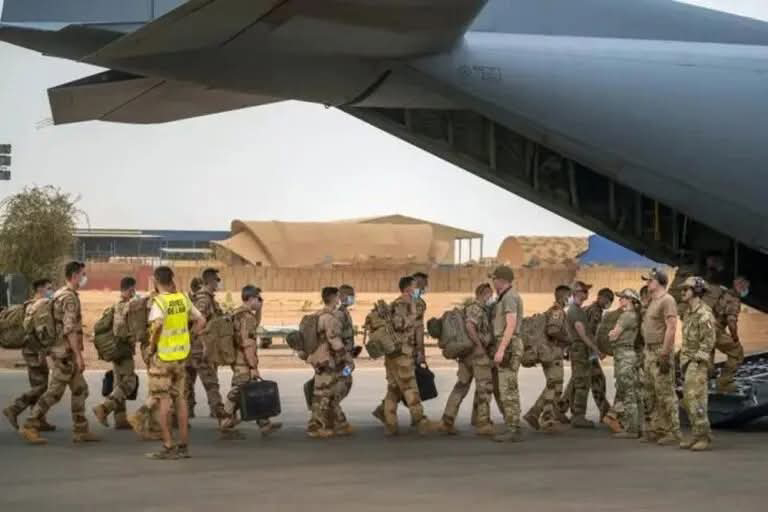France has formally transferred control of its last military bases in Senegal, marking the end of over sixty years of military presence in this West African nation.
This development is part of a wider trend among former French colonies in Africa to reevaluate and frequently redefine their longstanding relationships with Paris.
Approximately 350 French troops, who have mainly participated in joint missions with Senegalese forces, are scheduled to leave after a three-month drawdown that started in March. The control of the bases has been handed over to Senegal by the French authorities.
The decision fulfills a major campaign promise made by President Bassirou Diomaye Faye, who vowed during his 2024 election campaign to dramatically alter Senegal's relationship with France. Previously, Faye had demanded the withdrawal of all French troops from the country by 2025.
Despite the military withdrawal, Senegalese officials have stressed their commitment to maintaining cooperative relations with France. This approach contrasts with other countries in the region such as Burkina Faso, Mali, and Niger, which have taken more adversarial stances.
In the capital, a formal ceremony took place to mark the transfer of Camp Geille, France's largest military facility in Senegal, along with its adjacent airfield at Dakar’s international airport.
According to France24, the event was attended by General Mbaye Cisse, Senegal's Chief of General Staff, and General Pascal Ianni, who is in charge of French military operations throughout Africa.
Since gaining independence in 1960, Senegal has remained one of France's most dependable allies on the African continent. The country has consistently hosted French troops, especially during the leadership of former President Macky Sall.
Yet, the newly elected President Faye, who campaigned on promises of reform and national sovereignty, has indicated a decisive departure from that tradition. He has pledged to engage with France as an equal among foreign powers and aims to cultivate greater self-sufficiency for Senegal.
As part of this broader vision, Faye has pledged to withdraw all foreign troops from Senegalese territory by the close of 2025.
"Sovereignty is paramount for Senegal as an independent nation, rejecting any foreign military bases within its borders," Faye stated at the close of 2024. However, he emphasized that "France continues to be a significant partner for Senegal."
The president has additionally urged France to recognize and apologize for its colonial-era abuses, such as the massacre on December 1, 1944, of African soldiers who served under the French flag during World War II.
Increasing anti-French sentiment across Africa has led multiple governments to re-evaluate France's military involvement on the continent. In reaction, Paris has been progressively scaling back or closing its bases in the area.
Earlier this year, France vacated its final base in Ivory Coast and, before that, gave up the Kossei base in Chad—which had been an important location in the troubled Sahel region.
Between 2020 and 2023, a series of military coups in Mali, Burkina Faso, and Niger resulted in the rise of regimes that expelled French forces. These new governments have sought to strengthen security ties with Russia to address ongoing jihadist threats.
In the Central African Republic, a former French colony now aligned with Russian mercenaries, authorities have called for a total withdrawal of French presence.
Meanwhile, France has reduced its military presence in Gabon to a shared facility with local forces.
With the recent transition in Senegal, Djibouti is now the only African country to host a permanent French military base. France plans to centralize its regional operations there, maintaining approximately 1,500 troops stationed in this nation located in the Horn of Africa.



Post a Comment